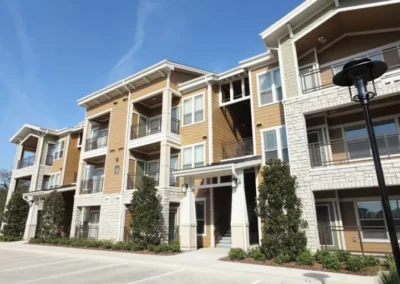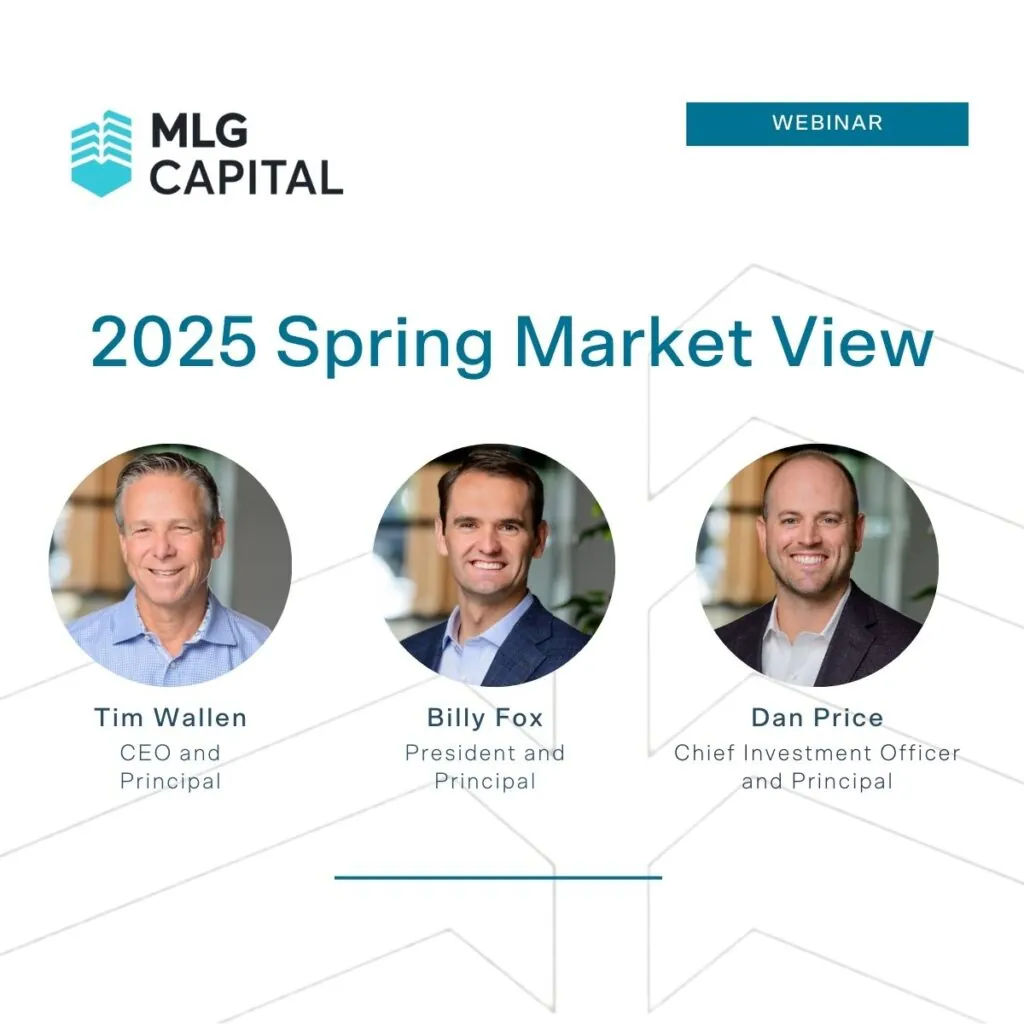Blog
Investing in private real estate across all aspects of the business has put our team in the unique position to allow us to share our industry knowledge. Want to learn more about MLG or real estate? Take a look below.
Featured Articles

Every fall, we gather our investors, partners, and team members to reflect on what it truly means to invest for ...

Perhaps you’ve thought about diversifying your traditional portfolio and considered real estate as a potential ...

Private real estate is a tax-advantaged asset class. At MLG, we first focus on making smart real estate investment ...

Real estate has long been a cornerstone of wealth building, offering both income and appreciation potential. But ...

At MLG Capital, we monitor legislative developments that could influence the real estate investment environment. ...

Private real estate has long played a role in wealth preservation and long-term capital growth. At MLG Capital, we ...

For accredited investors looking to expand beyond traditional stocks and bonds, private real estate funds have ...
No results found.
Subscribe to MLG Updates
Join our mailing list to get the latest news and blog updates from MLG!


